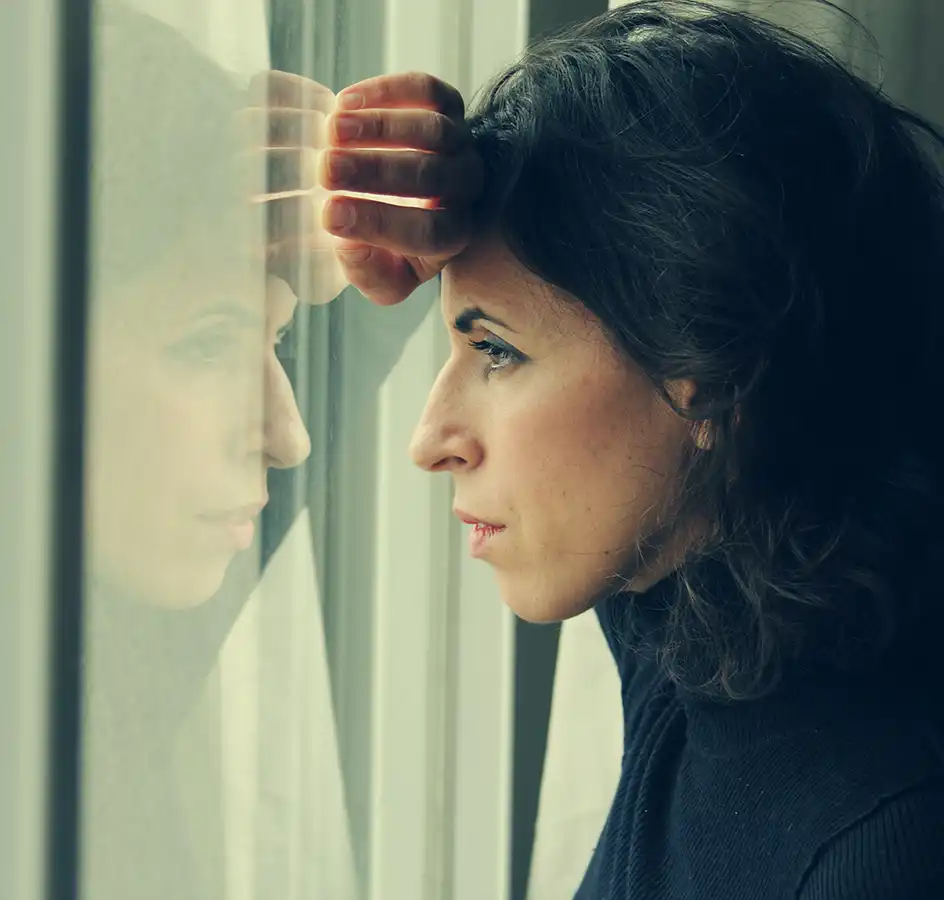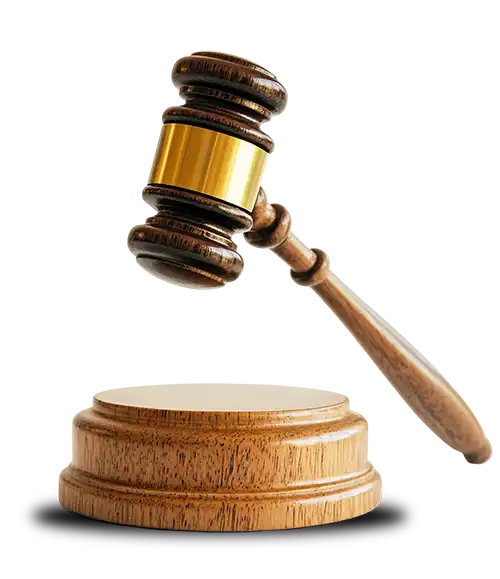Statutes of Limitations for Sexual Abuse in Women’s Prisons
For survivors of sexual abuse in women’s prisons, the ability to pursue justice depends on state-specific statutes of limitations. Some states require cases to be filed within only a few years, while others have expanded or eliminated time limits altogether.
Because sexual assault in women’s prisons is often underreported, deadlines can pose significant barriers. An experienced sexual abuse attorney can help survivors navigate these complex rules and ensure that deadlines do not stand in the way of justice.
Rights of Survivors of Prison Sexual Abuse
Even while incarcerated, women retain fundamental legal rights. Survivors of prison sexual abuse are entitled to:
- Access to medical treatment, counseling, and trauma-informed mental health support
- The ability to report sexual abuse without fear of retaliation
- Safety from perpetrators and abusive conditions
- Respect and dignity throughout investigations and court proceedings
- Legal representation in civil and criminal cases against perpetrators or institutions
For non-citizen survivors, additional protections may include immigration relief and specialized support services. These rights ensure that survivors are treated as victims of crime, not offenders, and that they are protected under U.S. law.
















